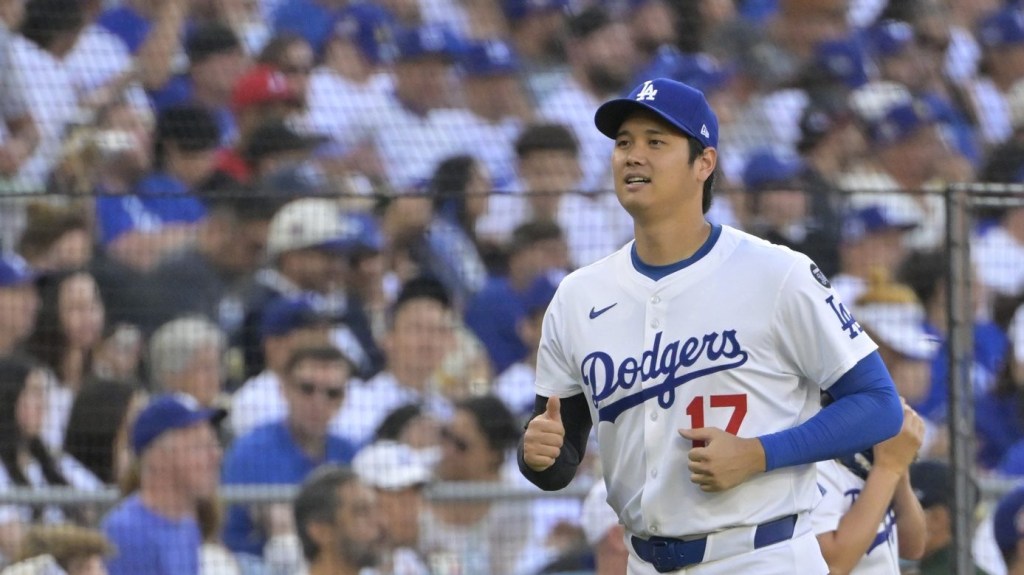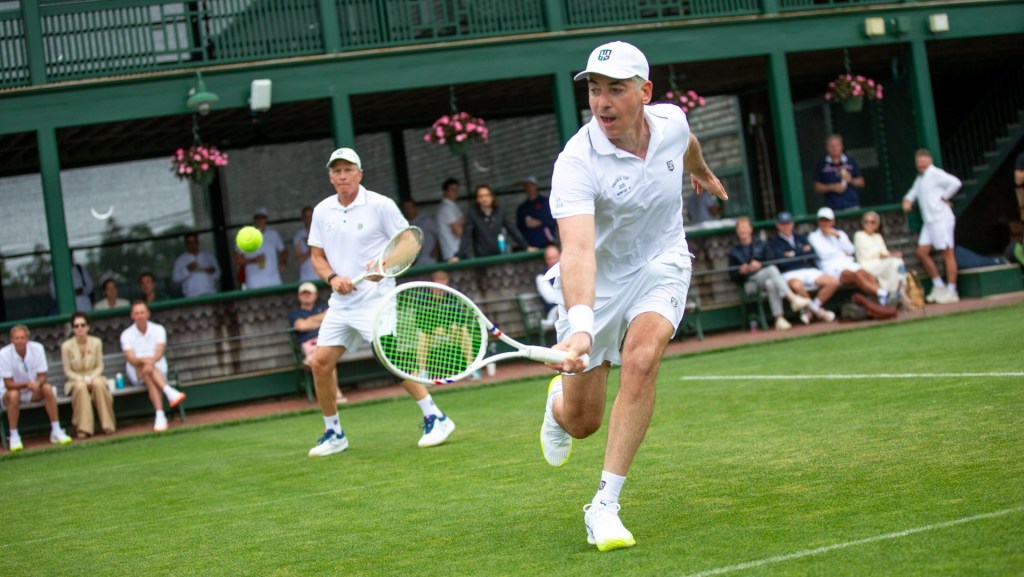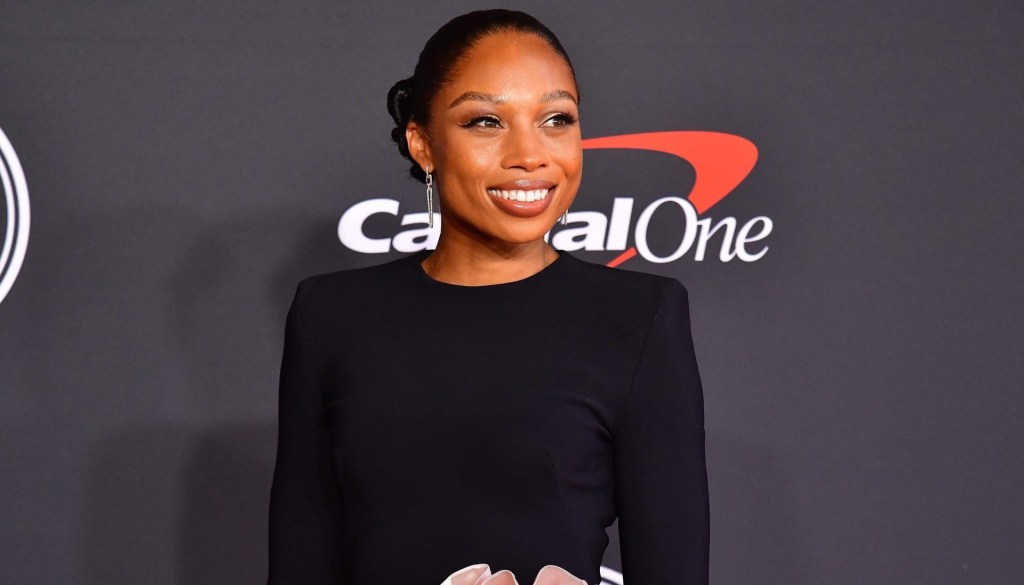By: Adam White, @FOSAdam
Front Office Sports is proud to have sat down with Dr. Julie Lanzillo, President and CEO of InfoSport, Inc. and Assistant Professor of Sports and Entertainment Management at Neumann University. She is an alumnae of UNC Chapel Hill where she received her Bachelor’s in psychology. From there she went on to receive her Master’s in Sports and Recreation Administration from Temple University, before finally receiving her Doctorate in Organizational Leadership from Wilmington University. She was gracious enough to offer up her insight on sports marketing, how to run a successful sports related business and how networking is more than just pushing connect on LinkedIn.
What were your previous positions, if any, prior to your current position? How did they help you get to where you are today?
I have a 20-plus year career working in sports and recreation management/marketing. About 15 years ago, I decided I wanted to prepare for a career teaching in Sport Management. My background has definitely contributed to the acquisition of my current position, and also makes me more effective as a teacher.
For people who do not know, could you tell us a little bit about what InfoSport Inc is and what your mission is?
In addition to being a full time faculty member at Neumann University in the Sport and Entertainment Management program, I also own a sports marketing company: InfoSport, Inc. For the past 15 years, we have built the pre-eminent men’s professional soccer combine in the world. Once a year, we hold an event (in January), where 200–300 aspiring professional soccer players come into our combine to be evaluated and scouted by a couple dozen professional soccer coaches (from MLS, NASL, USL, etc.). Our mission is to be the premier outlet for aspiring professional soccer players seeking to enhance their marketability and exposure to the pro soccer community.
What is the average day like for a person in your position? What are the day to day challenges?
Every day is different. With InfoSport, the business is very seasonal. Our event takes place over the span of just 5 days, but there are months of preparation and post-combine work, to get player information gathered and disseminated to teams around the world. As a sport management professor, every day is full of challenges, and most importantly keeping up with all current trends, to bring them to the classroom.
What drew you to being a part of the marketing aspect of sports?
I love the psychology of marketing. I was always intrigued buy the business behind sports, and then, when I completed my undergraduate degree in psychology, I started to apply basic psychological principles to my observations about consumer behavior. I think that background has also helped me build InfoSport into what it is, and its continual growth over the last 15 years. When most start-ups fail within 5 years, I am proud of the fact that our company’s growth has been consistent and steady, regardless of environmental factors.
What is your favorite part about working in the sports industry?
I work in an industry that serves as a source of entertainment to the masses. How could that not be fun?
How do you see sports marketing changing over the next few years? What changes would you like to see occur?
Technology has been a huge catalyst and challenge. The demand for MORE and QUICKER is a direct result of technology and social media advances. There is a need to adapt more quickly than ever before, because the world around us is moving faster than ever before. I can only guess that trend will continue. I am pleased to see that technology has really enhanced the marketing experience for consumers and fans, but I worry that the fear of privacy will somehow intersect and halt that growth. I think fears about online privacy are more prevalent, and therefore, could impact consumer willingness to share much-needed information for CRM practices.
What is your ultimate career goal?
At the risk of sounding complacent, I have made it. I own my own sports marketing business and am also serving as a full-time faculty member in higher education, in sports management. I have the best of both worlds.
How important is networking in your eyes?
It is essential. This is a people business. But I remind students that networking does not end when you hit “connect” on LinkedIn. 500-plus connections, with no relationship is worthless.
What is the best career advice you’ve been given so far?
Never give up. And when it stops being fun, go find something else to do.
What is it like being a female in a very male dominated industry? Was it harder or easier to find a job? What are some of your tips for women looking to try and make it into the sports industry?
I am 44 years old. Twenty plus years ago, there was a stigma. I don’t think that stigma is the same. Women need the same qualities as anyone else. Most people I know hire based on skills and personality fit. Not gender.
What has been the highlight of your career to this point?
Getting my first full time faculty job teaching in sport management this year has been very special to me.
















